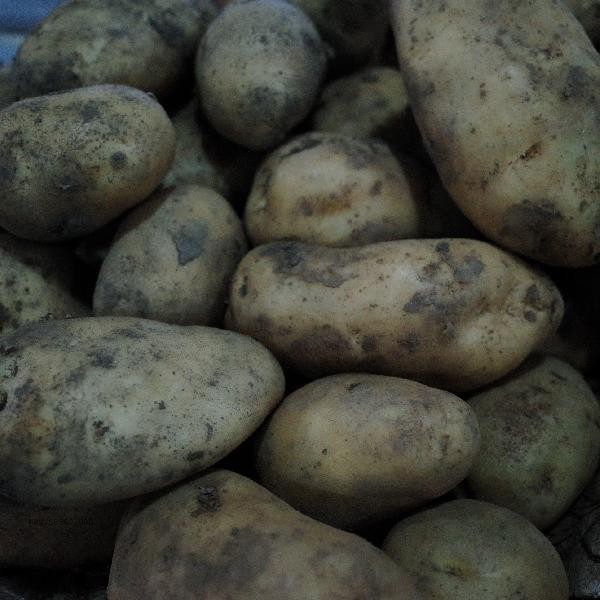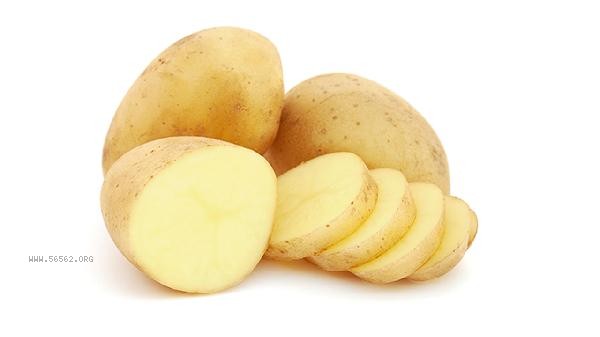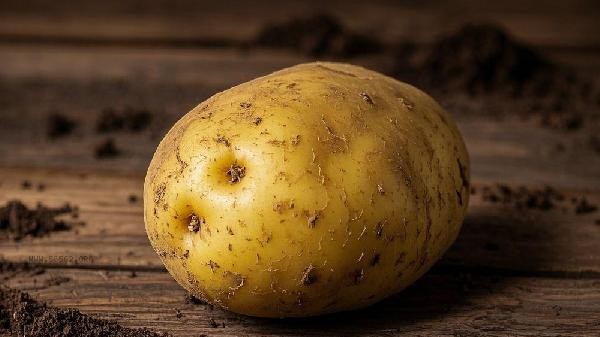The key to preventing potatoes from sprouting during storage is to control temperature, humidity, and avoid light. Methods such as cool ventilation, drying and avoiding light, and isolating oxygen can be used.

1. Store potatoes in a cool and ventilated environment with a stable temperature of 5-10 degrees Celsius, such as a cellar or basement. High temperature can accelerate potato respiration and cause germination, while low temperature may cause frostbite. Keeping the environment ventilated helps to release the ethylene gas released by potatoes, which promotes germination. Avoid mixing with vegetables such as onions that are prone to releasing ethylene.
2. Dry and avoid light
Choose to store in a dark cardboard box or burlap bag. Light will activate chlorophyll synthesis in the potato skin and produce solanine. Before storage, potatoes with damaged skin should be removed. Potatoes that are prone to mold and decay in humid environments will release moisture, and regular inspections and removal of spoiled individuals are necessary. Dry newspapers or sawdust can be placed at the bottom of the container to absorb moisture.
3. Isolation of oxygen
Vacuum sealing with food grade vacuum bags can effectively delay germination and is suitable for short-term storage of small amounts. The common folk method is to put potatoes and apples together, and the ethylene inhibitor released by the apples can block the germination signal transduction. Note that this method requires weekly replacement of apples to prevent decay and is not suitable for long-term storage.
4. Packaging Processing

Divide potatoes into small portions according to the consumption plan to reduce temperature and humidity fluctuations caused by frequent use. Immature green skinned potatoes need to be stored separately, as their dormancy period is shorter and easier to germinate. Potatoes that have slightly sprouted should be used immediately, and the bud eyes and surrounding tissues should be thoroughly removed before consumption.
5. Pre treatment inhibition
Short term storage can be achieved by soaking in 0.05% potassium permanganate solution for 10 minutes and then air drying. This method can destroy the activity of bud eye cells. Commercial storage often uses irradiation or chlorpheniramine treatment, while natural anti sprouting materials such as peppermint leaves and rosemary can be used for bedding at home, as their volatile components can interfere with the physiological process of germination.
Check once a month during storage to remove sprouted or moldy potatoes. The solanine produced by sprouted potatoes is toxic to the nervous system, and it is not recommended for children or pregnant women to consume even if the sprouts are removed. You can try making some potatoes into semi-finished products such as slicing, freezing, or sun drying for storage, which can extend the shelf life and reduce nutrient loss. During winter storage, it is important to pay attention to antifreeze. Old cotton quilts can be used to wrap the container for insulation, while avoiding being too close to heating equipment.










Comments (0)
Leave a Comment
No comments yet
Be the first to share your thoughts!